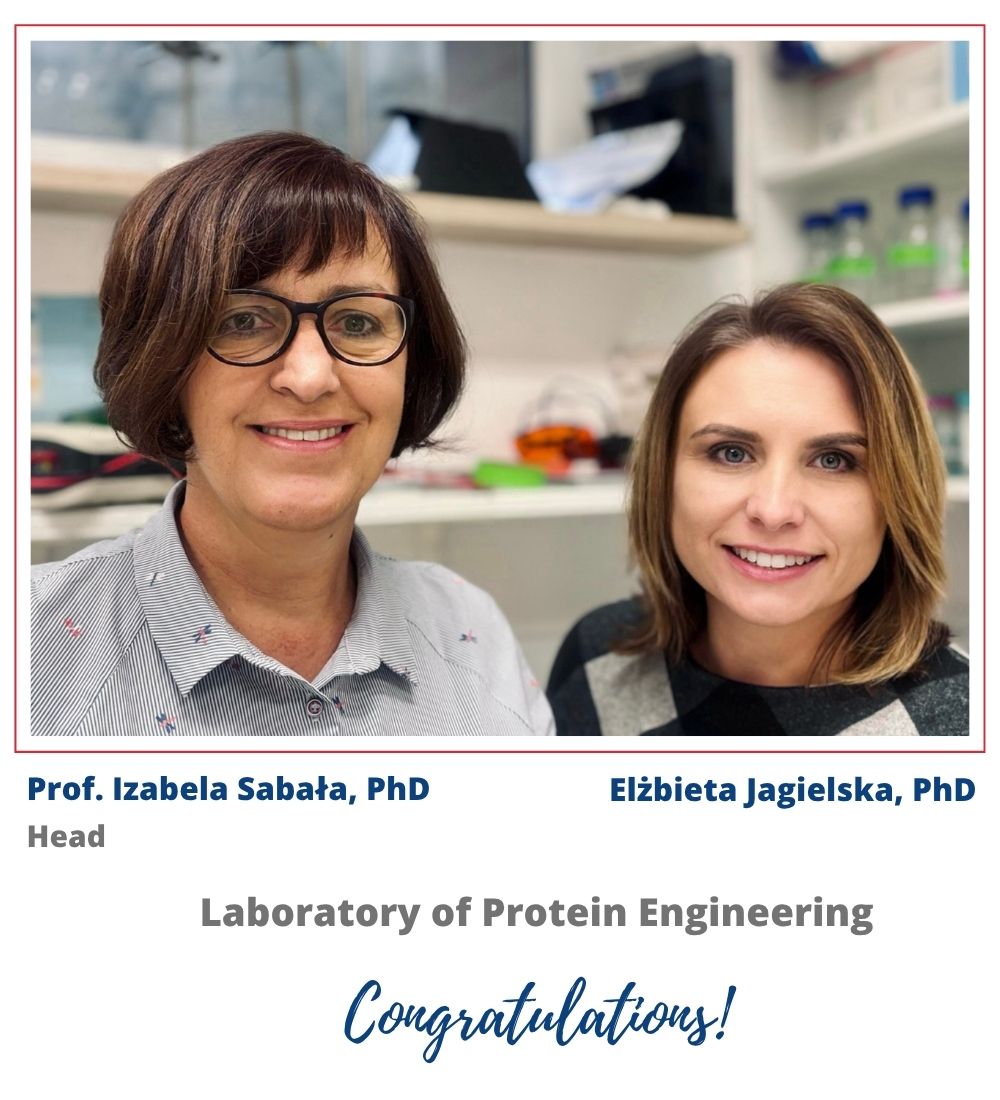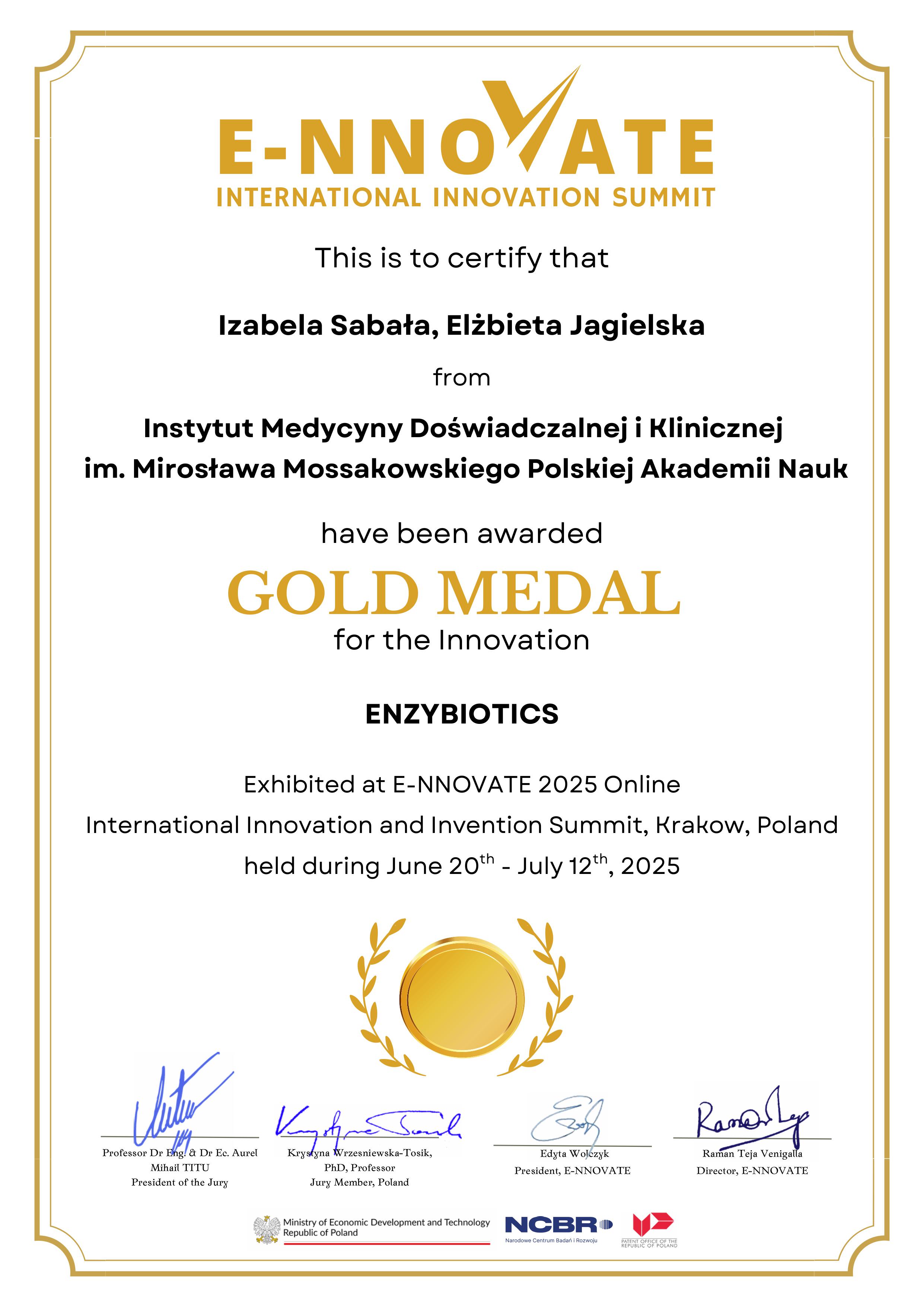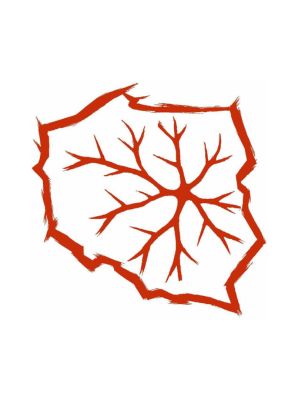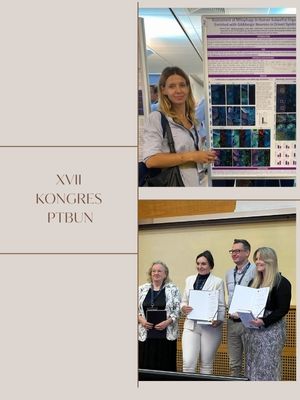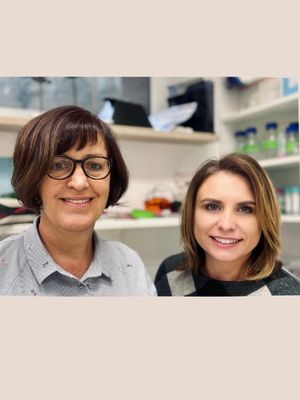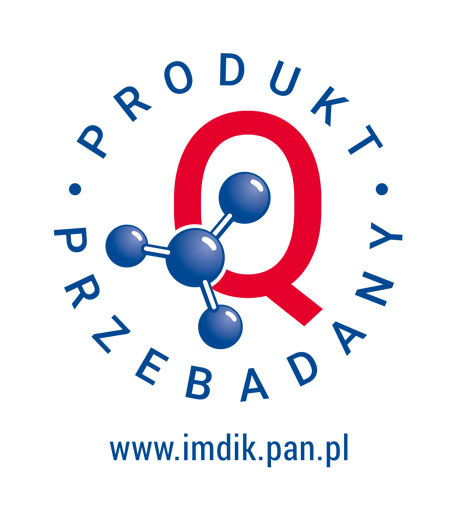Doctoral School - recruitment
We invite you to apply to the Translational Medicine Doctoral School!
Click on the image for full details.
Deadline: November 5, 2025
Prime Minister's Award
In recognition of contributions to the development of Polish science, the Prime Minister annually awards the Prime Minister's Award for, among other things, outstanding doctoral dissertations.
This year's laureates include Tomasz Kulesza, PhD who was awarded for his doctoral dissertation “The role of phosphate transporters in the development of glomerular calcification and in the induction of insulin resistance in podocytes” on the recommendation of Prof. Ewa Wender-Ożegowska, for his significant contribution to understanding the pathophysiological mechanisms of diabetic kidney disease, particularly in the context of phosphate homeostasis and its impact on podocyte function.
The research results may result in diagnostic applications and provide basis for the development of innovative therapies aimed at protecting kidney function in diabetes.
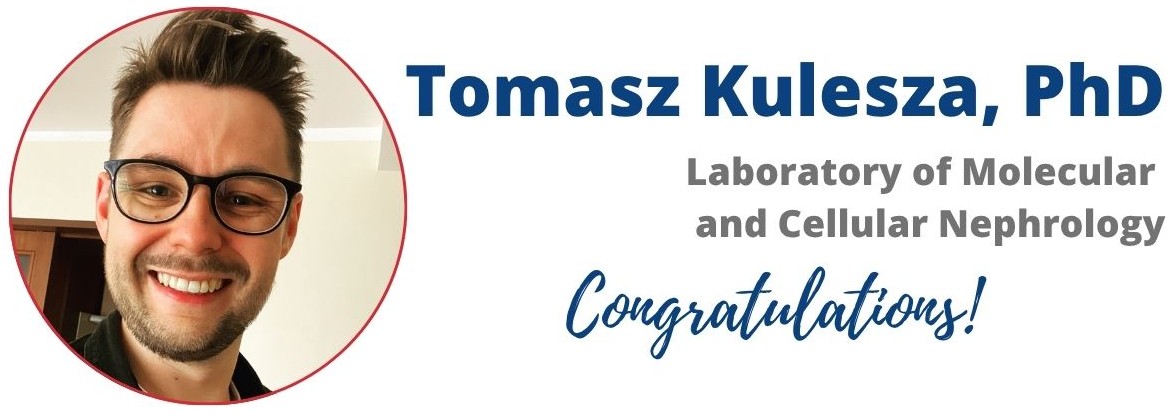
Warsaw Glia Symposium 2025
On behalf of the organizers, we invite you to an international scientific meeting dedicated to the dynamically developing field of glial cell research.
The Warsaw Glia Symposium 2025 will take place on October 16 and 17 in Warsaw. It is a recurring event, bringing together scientists at all stages of their careers interested in astrocytes, oligodendrocytes, microglia, and the crucial role these cells play in the brain.
The mission of the Warsaw Glia Community is to foster collaboration, share innovative discoveries, and strengthen the glial research community in Warsaw, Poland, and beyond. The symposium, organized under the patronage of the University of Warsaw, aims to connect scientists from Warsaw institutions (including the University of Warsaw, the Medical University of Warsaw, and the Polish Academy of Sciences) with leading scientists from other national and international centers.
The event is open to scientists at all stages of their careers - from undergraduate students to experienced researchers. Participation is free of charge.
The organizers and speakers include researchers from our Institute: Luiza Stanaszek, PhD and Justyna Janowska, PhD from the NeuroRepair Department, and Mariusz Popek, PhD from the Department of Neurotoxicology.
For more details please visit: Warsaw Glia Symposium
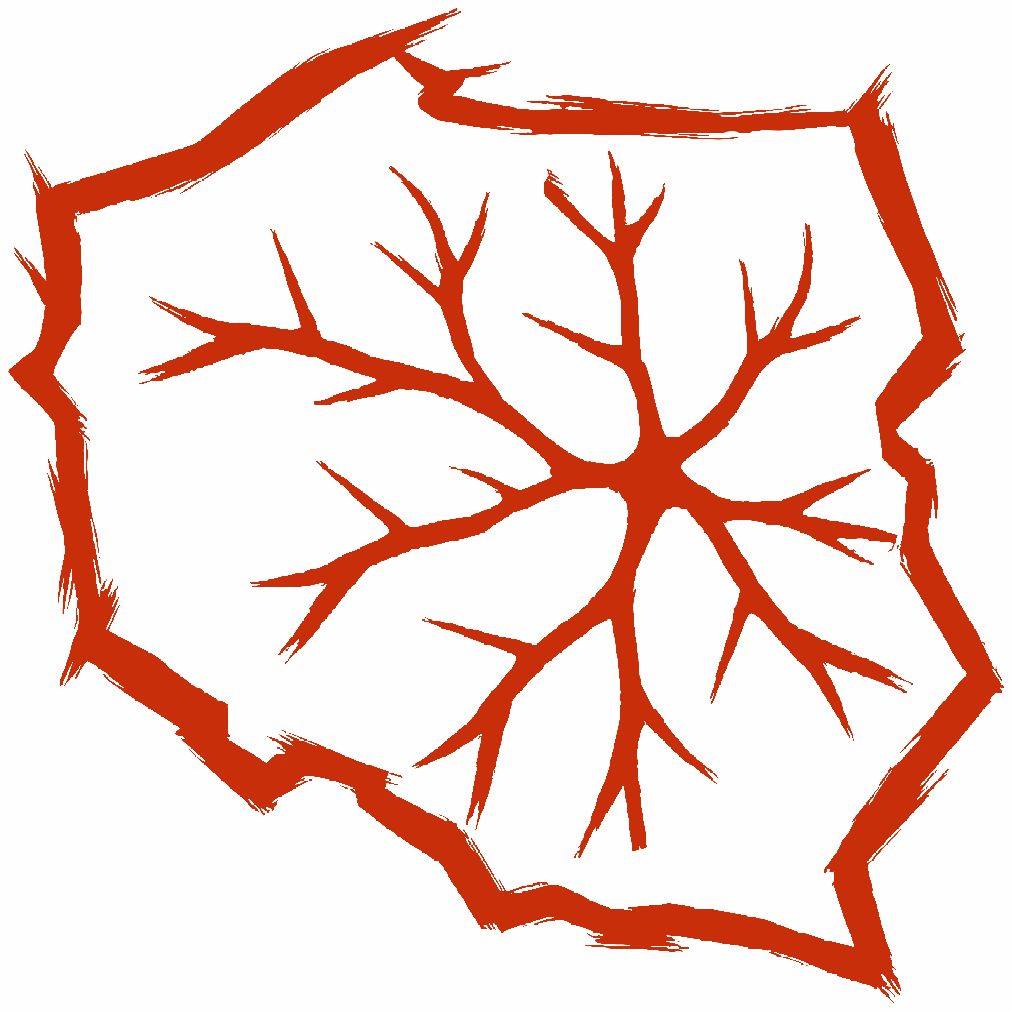
Polish Neuroscience Society Congress
We participated in the 17th International Congress of the Polish Neuroscience Society (PTBUN).
The Congress was preceded by the “Satellite Symposium: European Networking for Brain Research” with active participation of Prof. Leonora Bużańska in the panel: “Access of Poland to European Networks and Infrastructure”. This panel was held to acknowledge the importance of scientific networking across the Europa for the strengthening of human brain care and therapeutic treatment.
In the prestigious Young Investigator Award competition, organized biennially by PTBUN to recognize young scientists for outstanding achievements in neuroscience research, the Scientific Committee awarded two equal first prizes. Both went to PhD students from the Laboratory of Molecular Basis of Neurodegeneration – Martyna Nalepa and Aleksandra Skweres.
Both laureates were invited to give lectures, presenting their research results to a wider audience.
Congratulations to both researchers on this well-deserved distinction:
- Martyna Nalepa, MSc, Eng., "Lost Enzyme, Lost Integrity: Arginase 2 Deletion Disrupts Mitochondria in Striatal Neurons"
- Aleksandra Skweres, MSc, "Mitochondrial Calcium Uniporter Protects Hippocampal CA2 Neurons from Excitotoxic Injury"
In addition to the Young Investigator Award, Martyna also received the award for best poster presentation! Congratulations!
Dr. Michał Węgrzynowicz, head of the Laboratory of Molecular Basis of Neurodegeneration, organized a session entitled "On the way to Parkinson's disease: molecular, cellular, and clinical aspects of prodromal synucleinopathies." As part of the session, he invited experts in Parkinson's disease research from prestigious European research centers to deliver lectures.
The session guests were:
- Dr. Ambra Stefani "Relevance of isolated REM Sleep Behavior Disorder as prodromal synucleinopathy", University of Innsbruck, Innsbruck, Austria
- Giorgio Vivacqua “Salivary biomarkers in prodromal synucleinopathies and Parkinson’s Disease”, Campus Bio Medico University of Rome, Rome, Italy
- Ph.D. Grzegorz Kreiner "Prodromal model of Parkinson's disease based on targeting noradrenergic system", Institute of Pharmacology. Jerzy Maj, Polish Academy of Sciences, Krakow, Poland
Strong representation at the conference poster session was provided by the following researchers: - Dr. Paweł Leszczyński, Department of Stem Cell Bioengineering - "Modeling Neuronal Aging in hIPSC-Derived Dopaminergic Neurons: D-galactose-Induced Epigenetic Deregulation, Mitochondrial Dysfunction, and Senescence-Associated Phenotypes"
- Dr. Aleksandra Owczarek, Laboratory of Molecular Basis of Neurodegeneration - "A Bioorthogonal Putrescine Probe to Track Polyamine Uptake and Flux Under Neurotoxic Stress"
and PhD students: - Kamil Adamiak, MSc, Laboratory of Patoneurochemistry - "Oxidative Stress in Primary Microglial Cells Due to Exposure to Plastic Nanoparticles"
- Aleksandra Duchnowska, MSc, Laboratory of Molecular Basis of Neurodegeneration Neurodegeneration - "A Rapid Immunofluorescence Method Compatible with Functional Assays in Acute and Organotypic Slices"
- Sofiya Kokhanovska, M.Sc., Department of Stem Cell Bioengineering - "Activation of Tarce-amine Associated Receptor (TAAR1): Molecular Changes Induced by TAAR1 Agonists"
- Zuzanna Kuczyńska, M.Sc., Department of Stem Cell Bioengineering - "The overexpression of PGC1α supports neuronal maturation in a dorsal forebrain organoid model"
- Erkan Metin, M.Sc., Department of Stem Cell Bioengineering - "Mitochondrial Biogenesis on Pause: mtDNA Downregulation Despite PGC1A Upregulation in Early Human EBs"
Poster by Dr. Marzena Zychowicz (Department of Stem Cell Bioengineering) "The Assessment of Mitophagy in Human Subpallial Organoids Enriched with GABAeric Neurons in Dravet Syndrome" thesis has been selected for presentation in the Flashtalks format!
Thank you to all participants for representing our Institute at this important scientific event!
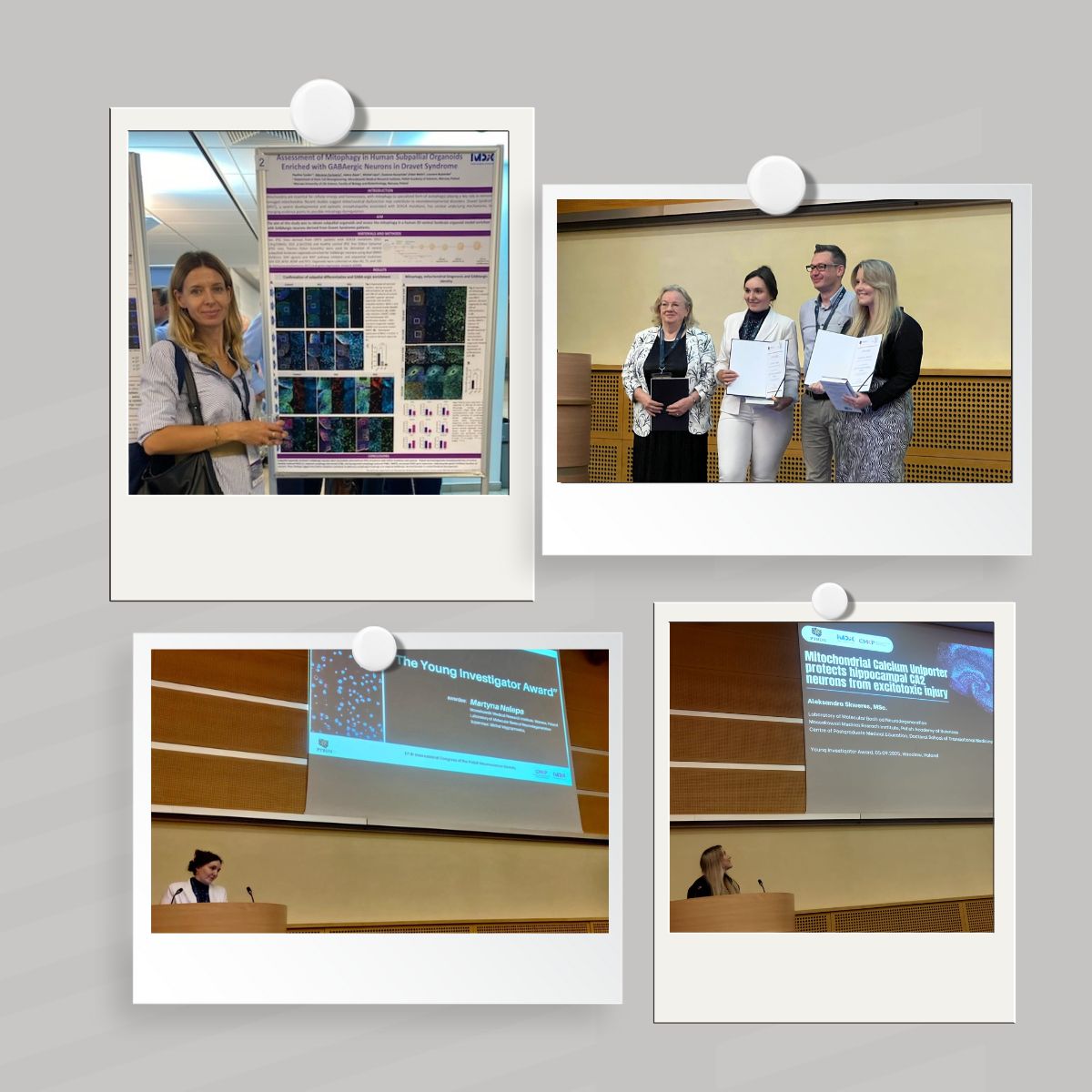
Gold medal for enzybiotics
The research success of Prof. Izabela Sabała and Elżbieta Jagielska - ENZYBIOTICS - was honored with a Gold Medal by international jury of the E-NNOVATE 2025 Online International Innovation Summit (held June 20 – July 12, 2025)
E-NNOVATE is a renowned platform for creators, startups, scientists, and companies seeking to stand out on the international innovation scene. Over 300 inventions from around 30 countries participated in the 2025 edition, demonstrating the event's scope and importance.
